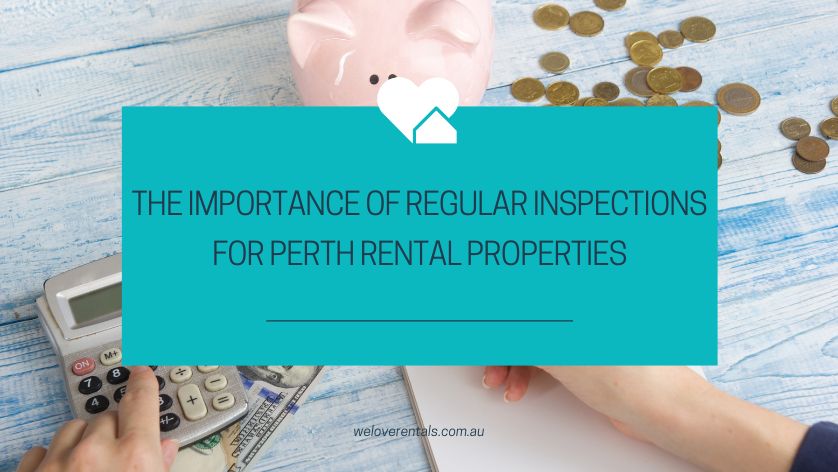
Budgeting for Rent: Tips to Make it Affordable in Perth
Whether you’re moving out of home for the first time or are a seasoned renter, renting can be tough on the finances. With the cost of renting having gone up drastically in the past few years, budgeting for rent is becoming more and more important. Here are a few things to consider to ensure that renting won’t break the bank and will still allow you to build up your savings, maybe even potentially buy in the future.
The 30% rule
A general rule of thumb for renting is to make sure that your rent is no more than 30% of your weekly gross income. This percentage would allow you to have the most flexibility for spending on other expenses such as bills, groceries and lifestyle expenses as well as keeping you out of rental stress. Rental stress refers to the risk of experiencing financial difficulty when it comes to paying rent. When a household pays more than 30% of its income in rent, budgeting becomes more and more important.
However, the 30% rule is not a hard and fast one, but rather a guideline. While a lower percentage is ideal, it also depends on the rental market and your own priorities. Certain considerations and inclusions can also make a higher rent a more financially sensible option.
Rental bond
In WA, a rental bond is usually 4 weeks of rent. If you have a pet, an extra pet bond will also be taken. It is important to remember these extra costs and factor them in when considering moving to a new place. Make sure to check that you would be good to have this paid upfront and that it would not set your budget back.
Check what’s included
While some rental properties have a higher asking price per week, certain inclusions can help you save on other expenses.
While furnished homes have a higher rent, if you’re looking for a short-term place or are unsure about a longer lease, this will save you a great deal in furniture expenses.
If you’re moving into an apartment or housing complex, inclusions like a pool, gym or tennis courts also could potentially help you save in terms of lifestyle expenses. Apartments with co-working spaces could also reduce the cost of your bills.
If you own a car, renting a property with a car bay will help you save on parking fees. Alternatively, you could consider renting out your parking spot too to help supplement the cost of rent.
Don’t forget your bills!
Renting also comes with a whole host of bills and payments such as electricity, gas and internet when considering the cost of rent. Depending on the type and size of each property, the cost of your bills can vary. Make sure you factor in the monthly expenses in your budget. To get a better idea of potential costs, ask current tenants or the property manager for an estimate of monthly utility bills. Additionally, you can take steps to keep these costs down by choosing energy-efficient appliances, using ceiling fans instead of air conditioning, and being mindful of your water and electricity usage.
Disposable Income
When budgeting, also make sure that you calculate how much disposable income that would leave you. Disposable Income is calculated by taking Total Income and subtracting mandatory deductions.
Renting in Perth can be affordable if you approach it with a solid budgeting strategy. With some careful planning, it’s possible to live comfortably while sticking to a budget in Perth’s rental market. Keep these tips in mind, and you’ll be better equipped to enjoy all the city has to offer without financial stress.
If you’re having any challenges making the rent, speak to us first. We can offer some pragmatic advice and refer you to the right people to help get you back on track.

